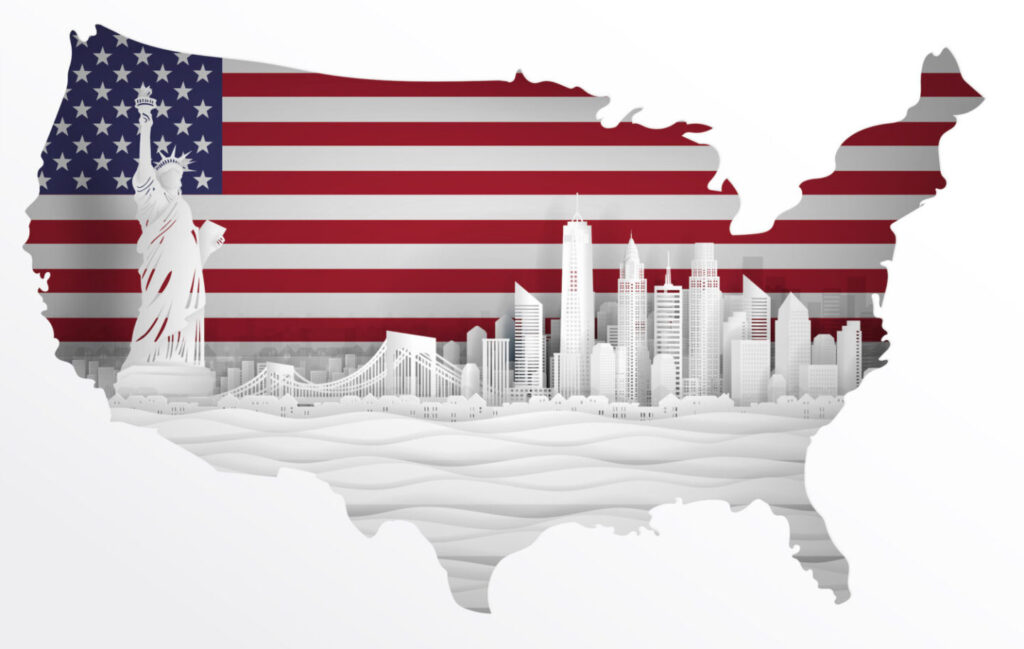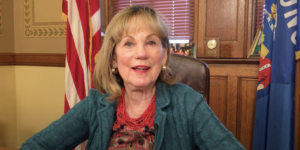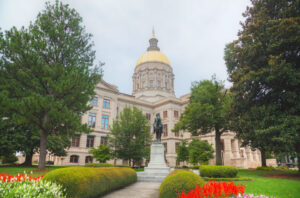New Cato freedom report has state-by-state freedom rankings, including educational freedom
The Cato Institute, a nonprofit think tank, has released its 2021 “Freedom in the 50 States” report which considers how public policies affect individual freedoms economically, socially, and…

The Cato Institute, a nonprofit think tank, has released its 2021 “Freedom in the 50 States” report which considers how public policies affect individual freedoms economically, socially, and personally. Results can be viewed as an ‘overall freedom’ metric, as well as based on specific subcategories such as fiscal, personal, education, etc.
Educational Freedom
The most educationally free states are Arizona, Florida, Indiana, Georgia, and New Hampshire, according to the report. These states tend to have more school choice policies and less regulation of private schools and homeschools.
Hover over a state to view educational freedom data:
The education metric takes into account the following areas of education policy (percentages add up to 3%, the weight used to calculate the overall freedom metric):
- Tax credit/deduction law for scholarships/expenses: 1.1%
- Publicly funded voucher law: 0.7%
- Mandatory licensure, private school teachers: 0.5%
- Mandatory state approval, private schools: 0.2%
- Compulsory school years: 0.2%
- Curriculum control, private schools: 0.1%
- Public school choice: 0.1%
- Curriculum control, homeschools: 0.04%
- Record-keeping requirements, homeschools: 0.03%
- Standardized testing requirements, homeschools: 0.03%
- Notification requirements, homeschools: 0.02%
- Teacher qualifications, homeschools: 0.01%
- Mandatory registration, private schools: <0.01%
- Homeschool statute: <0.01%
By clicking on a specific state in the map, historical data is also available. For example, in the educational freedom ranking, New Hampshire has moved up four spots since 2016 and 36 spots since 2011. The bigger jump was after the state passed a tax-credit scholarship law. The report explains:
Educational freedom is extensive in the Granite State. A liberal tax-credit scholarship law was enacted in 2012 and a local-option voucher law in 2018, raising the state significantly above average on educational freedom even though compulsory schooling lasts 12 years, and private schools require state approval. A 2021 expanded ESA will help the state improve its ranking in this category.
Overall Freedom
The report’s authors understand freedom as a moral concept, emphasizing individual freedom:
We ground our conception of freedom on an individual rights framework. Individuals should not be forcibly prevented from ordering their lives, liberties, and property as they see fit, as long as they do not infringe on the rights of others.
According to the report, the ten freest states are New Hampshire, Florida, Nevada, Tennessee, South Dakota, Indiana, Michigan, Georgia, Arizona, and Idaho.
The least free: New York, Hawaii, California, New Jersey, Oregon, Maryland, Delaware, Vermont, New Mexico, and Rhode Island.
Hover over a state to view its data:
The overall freedom metric is created using a weighted calculation. Subcategories are also viewable under adjectives such as fiscal, regulatory, personal, education, labor, alcohol, asset forfeiture, guns, cannabis, and campaign finance.
The report also includes state-by-state policy suggestions based on the weighted calculations. A PDF version of the report is also available.



